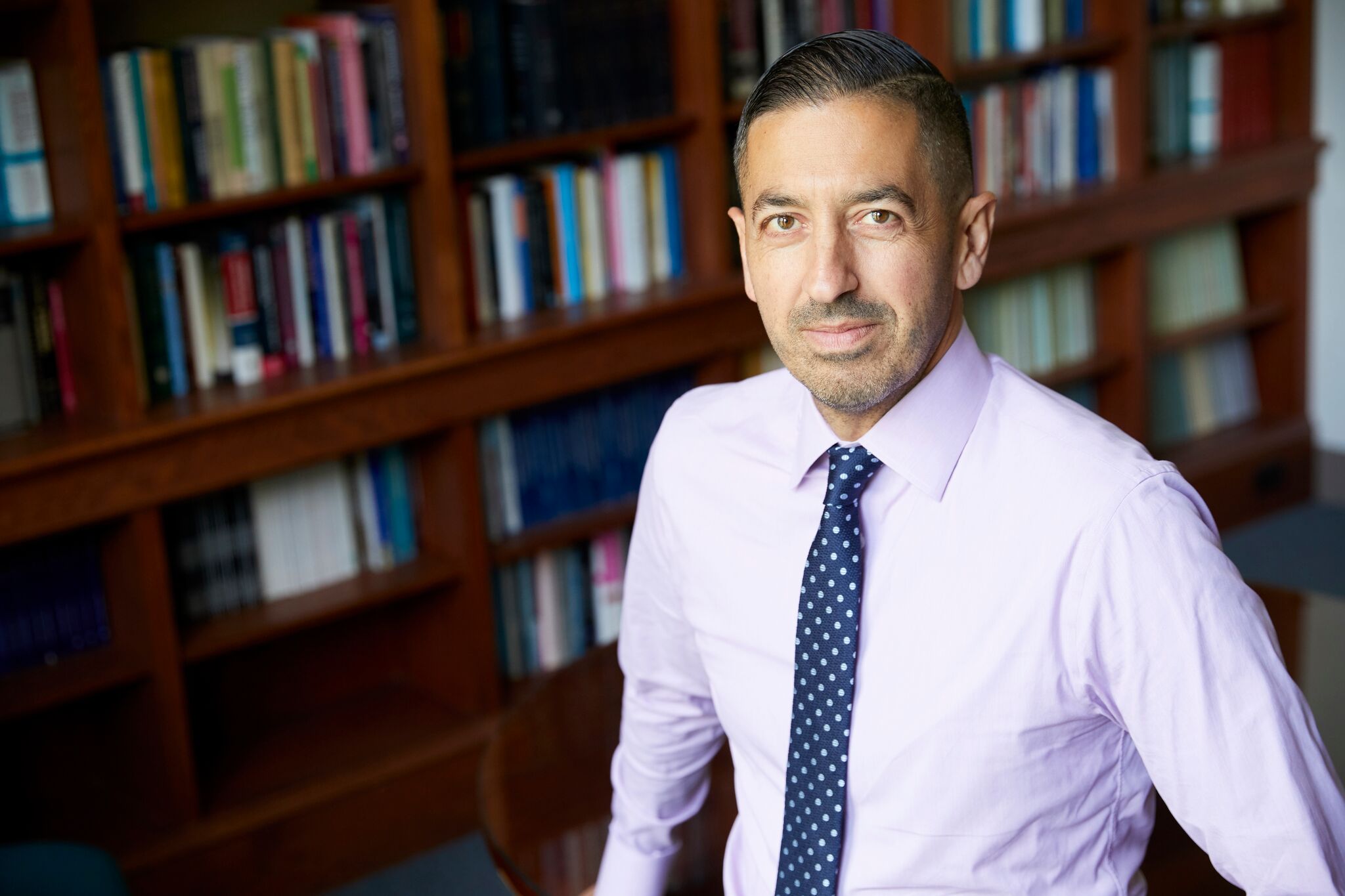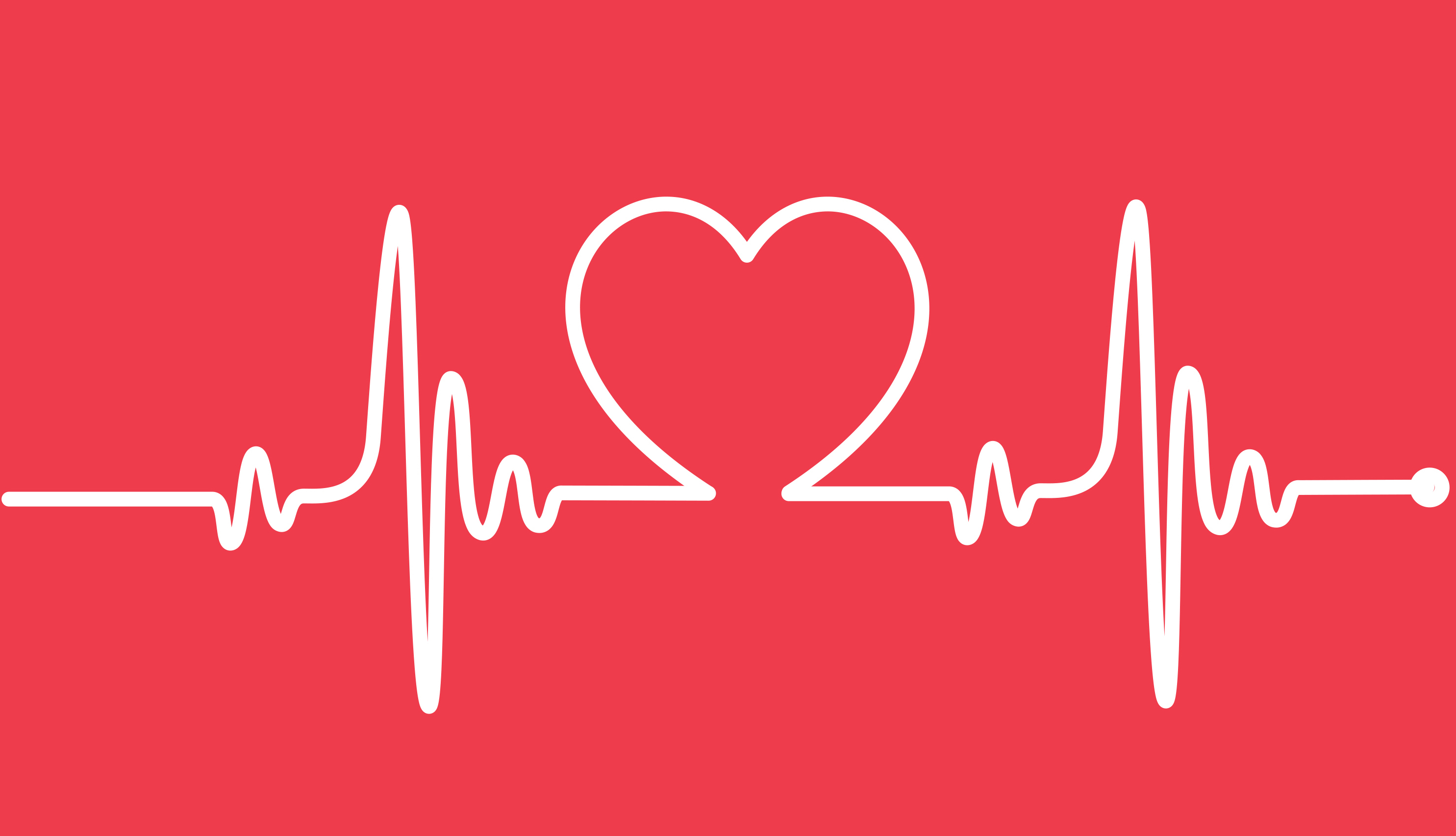A central argument of this book is that Americans conflate health and healthcare: we invest almost solely in the latter at the expense of the former, ignoring the context that actually decides our health in favor of honing and procuring the cutting edge of medical science. And when we do stop thinking about the treatment of disease to think about health itself, we think mostly about our lifestyle, buoyed by the notion that if we make good decisions, we will be healthy. This has led us to emphasize individual choices about personal behavior like diet and exercise, creating the illusion that modifying these choices will be enough to improve our health, when, in reality, our life- style is almost entirely shaped by the social, economic, and environmental forces we discuss throughout this book. This has produced, and continues to produce, diminishing returns in the health of the world’s wealthiest country.
By investing in cures for illnesses rather than improving the conditions that keep us healthy, we are now caught in a conundrum. We want to be healthy, but we have not embraced health as a value worth pursuing and protecting. And, just as importantly, we have not followed through on this value by addressing the forces that actually produce health.
Embracing health as a value also means engaging with the full complexity of the conditions that shape it. Forces like love, hate, pleasure, pain, place, compassion, power, politics, choice, luck, and justice may read as innocuous, but that’s largely because they are all complicated, far-reaching influences that are not subject to easy models of cause and effect. When we think about health, we often ignore this complexity. We tend to regard health as a fairly straightforward proposition or as the simple state of not being sick. When illness does strike, this approach holds that returning to health is simply a matter of taking the right medications. This equation leaves little room for the broader social, economic, and environmental conditions that shape health. Medicines are important, of course, and it is self-evident that disease makes us sick. But these realities are just a small part of the web of influences and contingencies that, taken together, decide who becomes stick and who stays well. While I may think that I am going to be healthy because I run every day, I only run every day because I am lucky enough to live in a good neighborhood where there is a running path by my house and where I can breathe air that is not polluted. The air is clean because people with political power, motivated by public opinion, decided to create policies and institutions that protect the environment. At every level, a complex interplay of forces shapes the choices we are able to make about our health.

From WELL: What We Need to Talk about When We Talk about Health by Sandro Galea. Copyright © 2019 by Oxford University Press and published by Oxford University Press. All rights reserved.
Follow us here and subscribe here for all the latest news on how you can keep Thriving.
Stay up to date or catch-up on all our podcasts with Arianna Huffington here.


